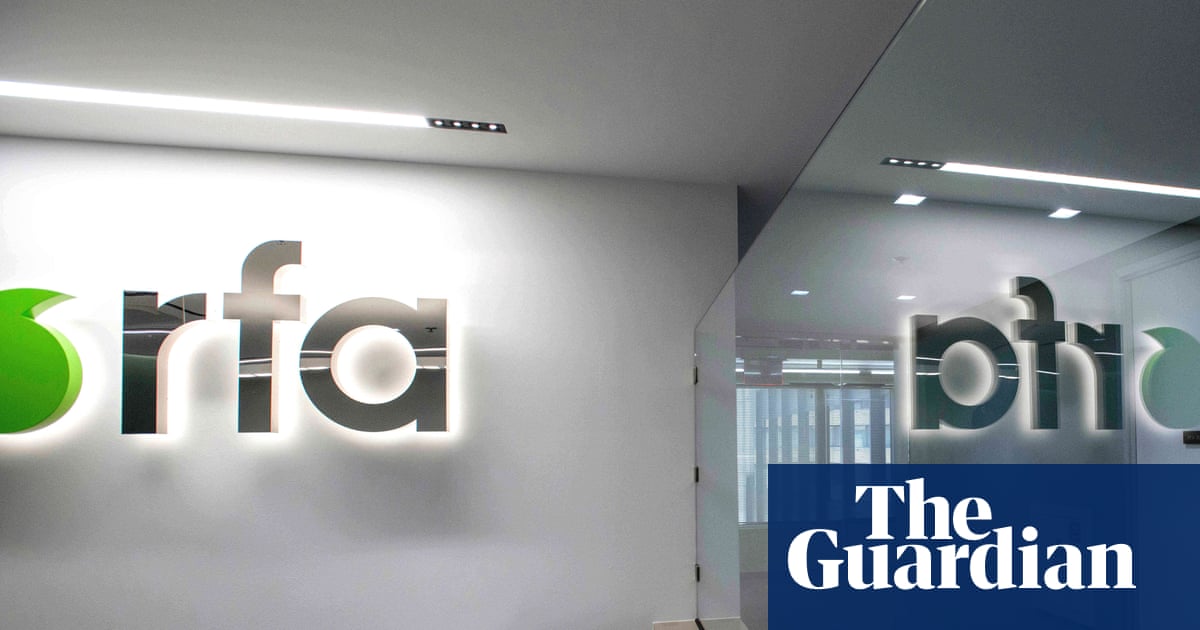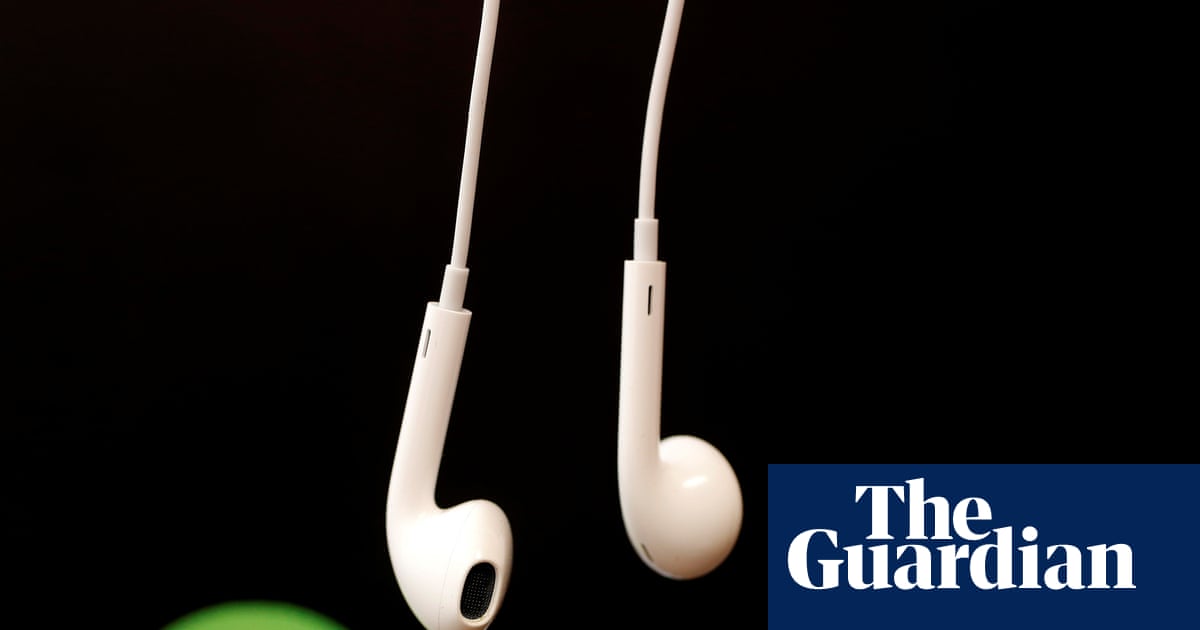Name: Americanism.
Age: 246, although when the word first appeared back in 1779 it meant something else.
What did it mean then? Loyalty to the ideals and interests of the United States.
What does it mean now? A peculiar feature of American English, especially as opposed to British English.
Appearance: In primary schools across the UK.
They’re teaching American English to British schoolkids? They’re not teaching it; they’re just hearing it.
From whom? From the kids, especially the younger ones.
Is it some form of protest? No, just transatlantic cultural creep. According to a recent survey of 10,000 teachers, over half reported hearing the word “candy” instead of sweets, and “trash” and “garbage” for rubbish.
This is an outrage! Some teachers even claimed to have heard the word “diaper” instead of nappy.
Neither of those is a word you want to hear in a primary school setting. Also “apartment” rather than flat, and “closet” for cupboard. Some parents even report their children speaking in American accents.
Where are the young people getting this stuff? From American YouTube cartoons, US social media stars, Netflix and even children’s programming on the BBC.
Can’t the UK slap tariffs on these shows, before the children start talking ‘trash’? We could, but children’s speech habits are famously difficult to measure because they change so quickly. While 65% of British primary teachers reported hearing “candy” in the classroom, only 26% of secondary teachers did – which suggests that either the Americanisms wear off, or that it’s getting worse with each generation.
Either way, the UK must do something to stop this one-way language invasion. But it’s not one-way. Americans are also resorting to Britishisms more often.
They are? Use of British words and phrases – including “gobsmacked” and “knickers in a twist” – has been steadily increasing in the US. They’ve also picked up on “ginger” for red-haired, and “cuppa” for tea.
I’ll admit I didn’t see that coming. Now there are even signs in the US that say “lift” instead of “elevator”. Wider access to global media means that, if anything, the two languages are cross-pollinating.
I can’t work out whether to be cross about this any more. It’s complicated. When a word imported from another culture addresses a specific need, it might be deemed worthy of adoption. But often it’s just an example of trendy affectation.
Can you give me an example? For Americans a word such as “twee” fills a gap; they have no exact equivalent. But other Britishisms can seem a bit, um, twee.
Do say: “The more words we have for something, the richer our language becomes.”
Don’t say: “It’s just cross-pollination, don’t get your panties in a tangle!”

 3 months ago
131
3 months ago
131

















































